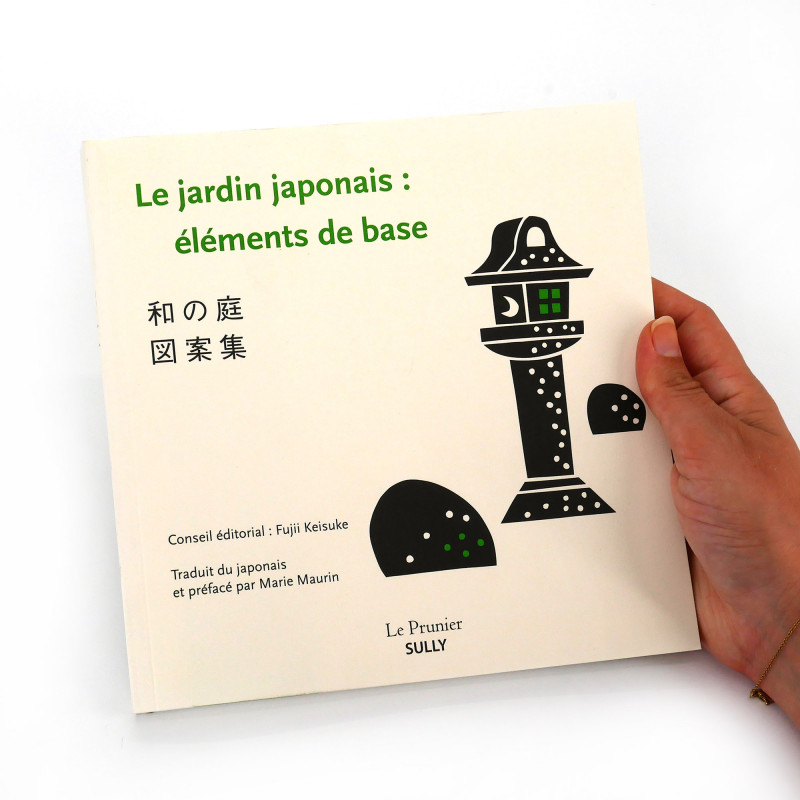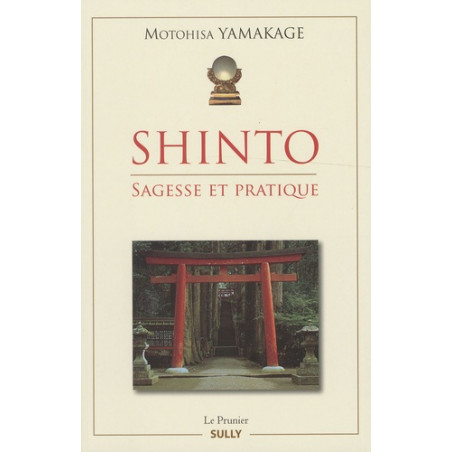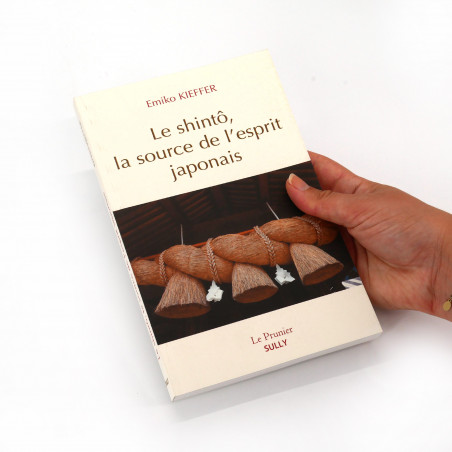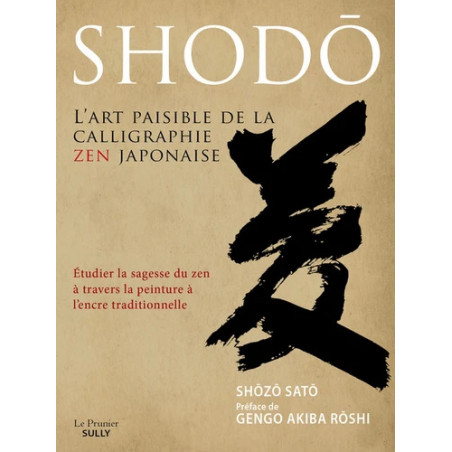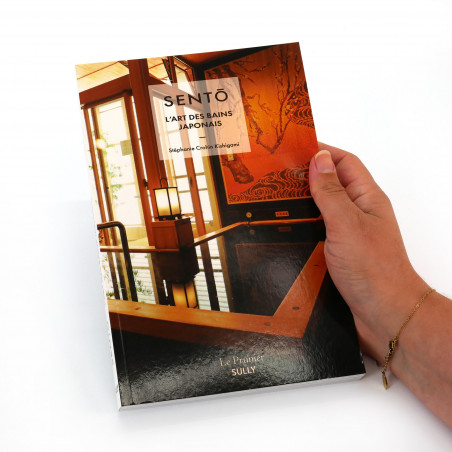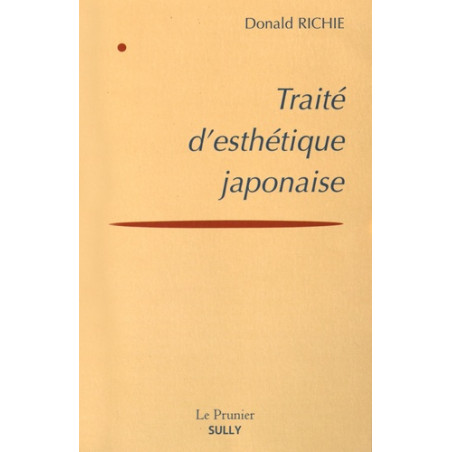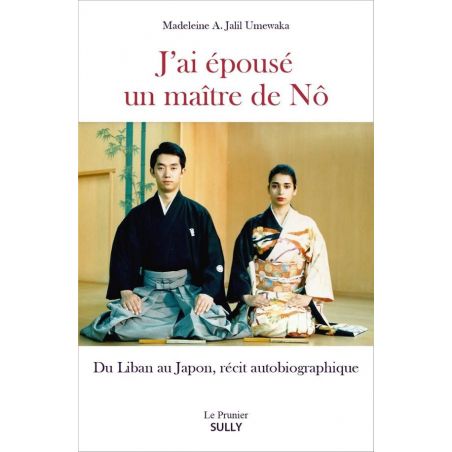Book written in French- The Japanese Garden: Basics

Book - The Japanese Garden: Basic Elements, Sully, Fuji Keisuke and Marie Maurin editions
Brand:
PRODUCT SPECIFICATIONS
| Product origin | Made in France |
|---|---|
| Language | Written in French |
Learn more
By Sully editions - Le Prunier Collection
Number of pages: 176
Format: 200 x 200
Release date: October 2018
Language : French
ISBN: 978-2-35432-314-1
translated from Japanese by Marie Maurin
2 colors
This book is a practical guide for lovers of Japan who want to get started in creating a "mountain and water" style garden.
Japanese gardens bring into play all kinds of elements - lanterns, groups of stones, ablution basins, fences, gates ... -, arranged in an extremely subtle and precise way, whether they are the most magnificent standing rocks or the smallest stone where you put your foot. In the course of their long history, which spans from ancient times to the present day, they have given rise to very diverse forms and arrangements.
(Fujii Keisuke)
This book is a practical guide for lovers of Japan who want to get started in creating a "mountain and water" style garden. It contains many illustrations, sketches and other plans with great precision, able to answer the many questions they have. The elements constituting the basic structure of the gardens of the Archipelago are presented there in many facets so as to allow everyone to make their choice and "build" a Japanese garden of their own, based on an authentic dialogue between the man and nature.
(Marie Maurin)
SHIPPING AND RETURNS
Delivery times:
- 1 to 3 business days for France, Belgium, and Switzerland.
- 3 to 5 business days for other European countries.
- 3 to 5 business days for other countries via DHL.
This item is shipped from our warehouse in France.
You can return or exchange an item within 14 days of receiving your order. For more information, please consult our Return Policy.
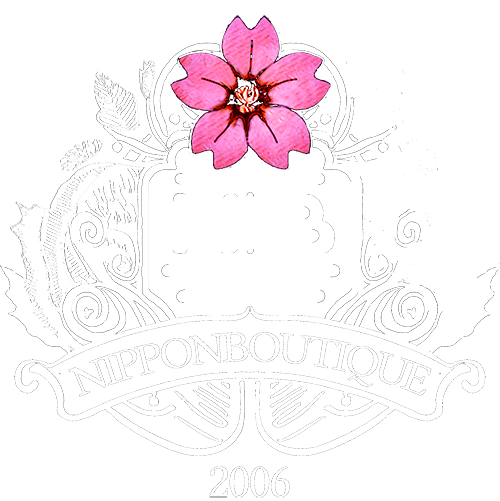
.jpg)

















































































